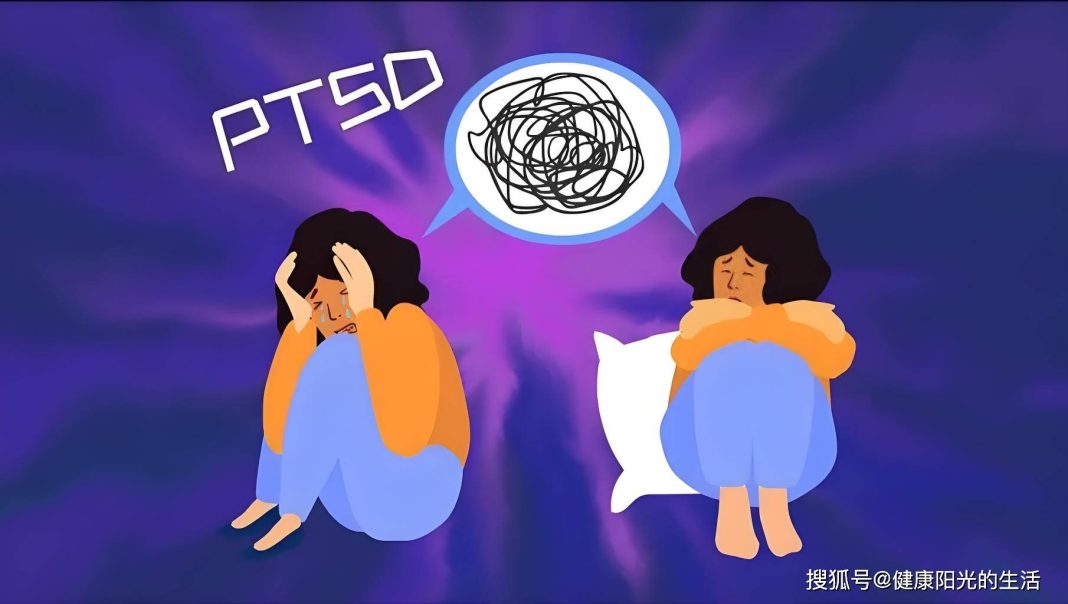In life, everyone will experience various changes and challenges, which could be moving, changing jobs, entering a new school, or even experiencing family tragedies. However, when people struggle to adapt to these changes, adjustment disorders may follow. Adjustment disorders are not just simple emotional reactions but rather complex psychological issues, often involving the interaction of multiple factors. This article will delve into the main influencing factors of adjustment disorders to help you better understand this mental health issue.
1. Changes in the external environment: life stressors
Adjustment disorders are often closely related to sudden changes in the external environment. These changes can be positive, such as marriage, childbirth, promotion, etc., or negative, such as divorce, bereavement, unemployment, etc. Whether positive or negative, when these events exceed an individual’s coping abilities, adjustment disorders may occur.
Work pressure: In one’s career, promotions, new job tasks, changes in work environments, etc., can trigger stress. If these pressures exceed an individual’s coping abilities, they may lead to the development of adjustment disorders.
Social changes: Changes in social environments, such as moving, changing schools, starting a new social circle, may also trigger adaptation difficulties. Losing the original social support system, facing new social pressures, can make people feel isolated and helpless, thereby triggering adjustment disorders.
Family tragedies: Major changes within the family, such as divorce, the death of family members, strained family relationships, are significant factors leading to adjustment disorders. These events can trigger intense emotional fluctuations, making it difficult for individuals to adapt to the rhythms of their new lives.
2. Individual psychological factors: coping abilities and personality traits
In addition to changes in the external environment, individual psychological factors are also important in influencing adjustment disorders. Different people have varying capacities to withstand stress and change, closely related to their coping abilities and personality traits.
Coping abilities: Coping abilities refer to an individual’s psychological mechanisms when facing stress and challenges. Some individuals have strong coping abilities, actively seeking solutions to problems, adjusting their emotions, while others may fall into negative emotions, struggling to find effective coping strategies, thus developing adjustment disorders.
Personality traits: Some personality traits, such as introversion, sensitivity, lack of confidence, may also increase the risk of individuals developing adjustment disorders. Those who are more introverted and sensitive may be more prone to anxiety and depression when faced with changes, while those lacking confidence may experience more worries and insecurities in new environments.
Past experiences: Past traumatic experiences, childhood adversity, long-term stress, can profoundly impact an individual’s mental health. These experiences may weaken an individual’s psychological resilience, making it easier for them to develop adjustment disorders when facing new changes.
3. Social support systems: lack of emotional support and imbalance
Social support systems refer to the support and assistance individuals receive in social networks, including from family, friends, colleagues, etc. The lack of social support or imbalance in social support systems is a significant factor in the occurrence of adjustment disorders.
Family support: Family is the most basic source of social support, and understanding and support from family members are crucial for individuals to cope with changes. When family relationships are tense or family support is lacking, individuals are more likely to feel isolated and increase the risk of adjustment disorders.
Social network: A strong social network can provide emotional support to individuals, helping them through tough times. However, when individuals lack an effective social network or when social networks change (such as friends moving away, relationships breaking), it may lead to the occurrence of adjustment disorders.
4. Culture and social environment: cultural differences and adaptation difficulties
Cultural backgrounds and social environments have a profound impact on individual mental health. Different cultural backgrounds and social environments may bring different adaptation pressures, especially in cross-cultural environments where adjustment disorders are more common.
Cultural conflicts: Experiences like migration, studying abroad, working across nations can trigger cultural conflicts, leading to adjustment disorders. In unfamiliar cultural environments, individuals may feel lost, struggling to integrate into new cultures, leading to intense feelings of loneliness and anxiety.
Social expectations: Different societies have different expectations and pressures on individuals. When individuals fail to meet these social expectations, they may feel like failures and develop adjustment disorders. For example, high societal expectations for success and achievements may make individuals feel unable to adapt when facing career failures or setbacks, leading to psychological problems.
5. Physical health conditions: chronic diseases and physical discomfort
The physical health condition is also one of the important factors influencing adjustment disorders. Chronic diseases or physical discomfort not only impact an individual’s quality of life but also increase psychological stress, making individuals more prone to develop adjustment disorders.
Chronic diseases: Individuals with chronic diseases often need to adapt to long-term treatment and physical discomfort. This long-term stress and lifestyle changes may lead to psychological stress, increasing the risk of adjustment disorders.
Physical discomfort: Physical discomfort, such as chronic pain, fatigue, can also affect an individual’s psychological state, making them more susceptible to negative emotions and psychological problems.
The occurrence of adjustment disorders is often the result of the interaction of multiple factors. Changes in the external environment, individual psychological factors, lack of social support systems, cultural differences, and physical health conditions can all be triggers for adjustment disorders. Understanding these influencing factors can help adjustment disorder patients find more effective coping strategies. The Psychiatry Department at Guangzhou Huaxing Rehabilitation Hospital provides professional mental health services to help patients identify and cope with the complex factors behind adjustment disorders, overcoming psychological difficulties, and regaining balance and harmony in life.


